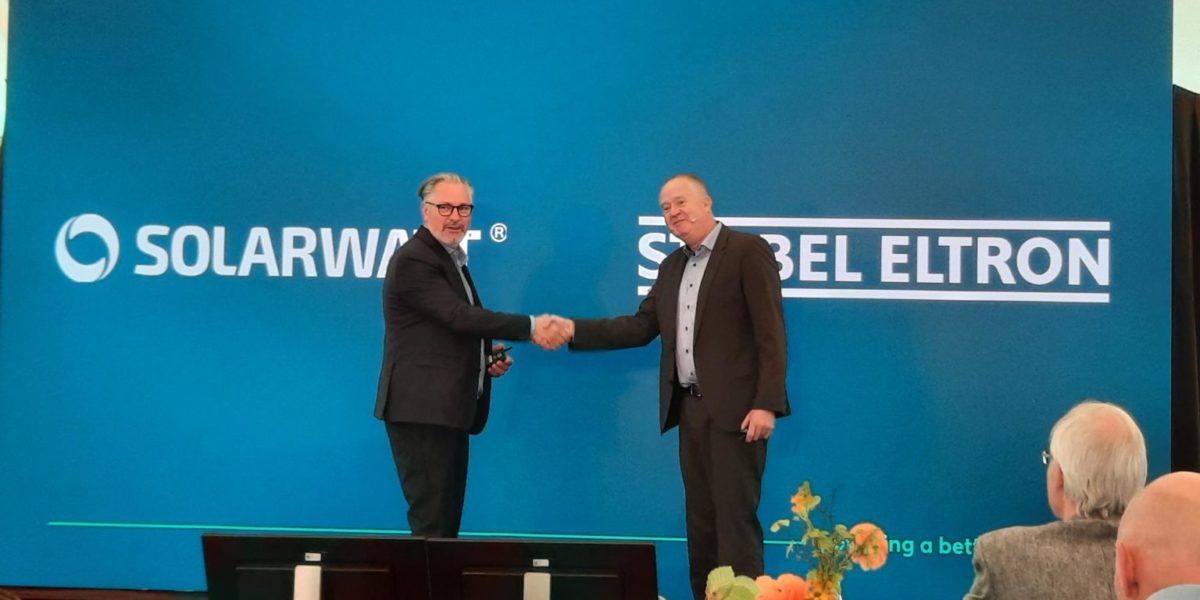From pv magazine Germany
German PV module supplier Solarwatt has signed an agreement with Stiebel Eltron to cooperate on the development of heat pumps.
Dresden-based Solarwatt sees the deal as its next step to becoming a sector coupler. Previously, it has signed an electromobility partnership with German carmaker BMW.
“If we consistently implement sector coupling in single-family homes, we can save 20% to 25% of CO2 emissions in Germany,” said Managing Director Detlef Neuhaus.
The companies will cooperate on Solarwatt Manager flex, an energy management system that integrates thermal energy management technology from Stiebel Eltron with an electrical management tool from Solarwatt. It prioritizes connected consumers and considers the use of an electric car and a heat pump.
The system increases the efficiency in the house by planning the switch-on times, so outside temperatures are as high as possible. In order to achieve this goal, the system creates a timetable for when the heat pump is to be switched on. Communication between the energy management system and the heat pumps is then no longer implemented with an SG-ready standard app, but via the Modbus data communications protocol, which provides more control options.
Popular content
The German federal government's goal is to install 600,000 heat pumps per year – an increase of about four times from current levels.
“In our cooperation, we ask ourselves how we can achieve this,” said Nicholas Matten, managing director of sales for Stiebel Eltron.
He also does not see any alternatives. Private households account for around 30% of the total energy requirement and space heating is the dominant part. He sees many possible uses for hydrogen, but not for heating. The electricity requirement when heating with electrically generated green hydrogen is five to eight times higher than with heat pump heating.
Matten does not see any major limitations for the use of heat pumps.
“We have solutions that allow us to heat almost any building with heat pump technology,” he said. “You don't necessarily have to insulate the facade, even if that naturally affects the energy costs … In the past, heat pumps were slowed down in a similar way to photovoltaics through the price structure. Electricity prices were among the highest in Europe, and gas was particularly cheap and that's about to change.”
This content is protected by copyright and may not be reused. If you want to cooperate with us and would like to reuse some of our content, please contact: editors@pv-magazine.com.


By submitting this form you agree to pv magazine using your data for the purposes of publishing your comment.
Your personal data will only be disclosed or otherwise transmitted to third parties for the purposes of spam filtering or if this is necessary for technical maintenance of the website. Any other transfer to third parties will not take place unless this is justified on the basis of applicable data protection regulations or if pv magazine is legally obliged to do so.
You may revoke this consent at any time with effect for the future, in which case your personal data will be deleted immediately. Otherwise, your data will be deleted if pv magazine has processed your request or the purpose of data storage is fulfilled.
Further information on data privacy can be found in our Data Protection Policy.